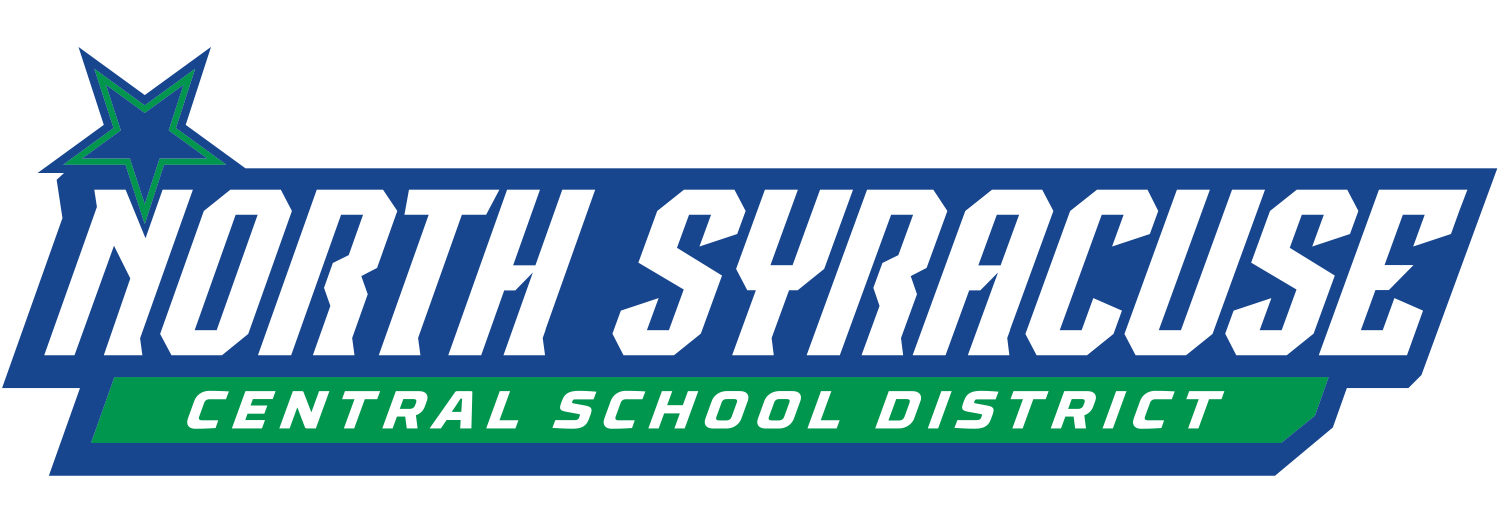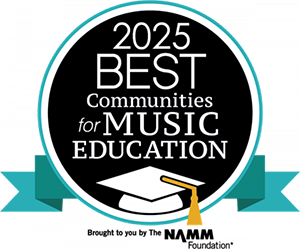Voters to elect three board of education members; petitions must be submitted by April 22
On May 21, North Syracuse Central School District voters will choose three district residents to serve on the NSCSD Board of Education. Board members each serve a three-year term.Residents interested in running for the Board of Education must collect 25 signatures from qualified school district voters in order to be placed on the ballot. Petitions are available at the NSCSD District Office (5355 West Taft Road, North Syracuse) and must be filed by 4 p.m. April 22 at the district office. Please contact Jilian Hererra by emailing jhererra@nscsd.org or calling (315) 218-2131 for information on requesting a nominating petition.
The North Syracuse Central School Board of Education includes nine school district residents elected by voters and one student ex-officio. Board members are not financially compensated.
The board is the official policy-making body of the school district. It is responsible for carrying out the laws and regulations pertaining to the education of children living within the district. The board adopts district policy, curriculum, programs of study and approves the hiring of all personnel, as well as establishing the conditions of employment. The board is also responsible for maintaining district facilities, establishing an annual budget and setting a tax levy.
To qualify for board membership, an individual must be:
- A district resident for at least one year,
- A U.S. citizen,
- A minimum of 18 years of age and
- Able to read and write.
In addition to the nine members elected by district residents, the board also includes a non-voting student member. The student board member attends all public meetings but may not attend executive or exempt sessions, which are portions of the meeting in which the law allows board members to discuss privately matters that will imperil the public safety if disclosed and other matters allowed by law.













